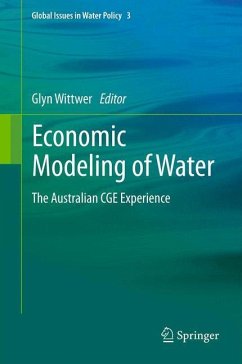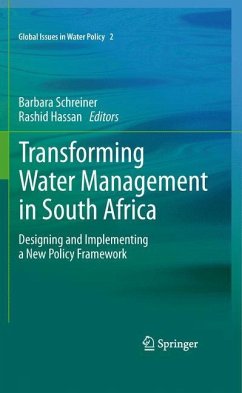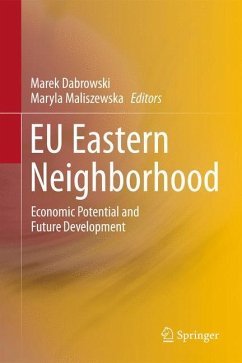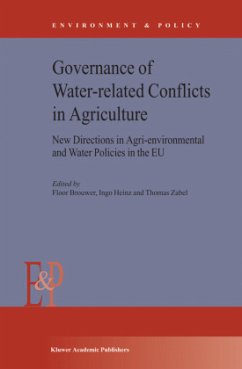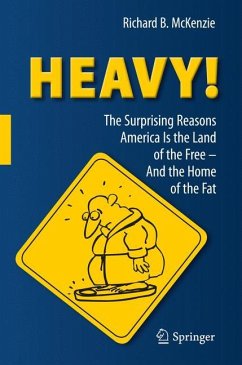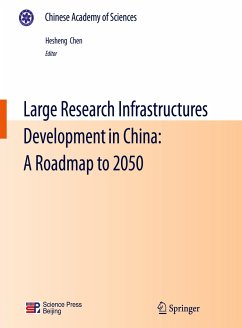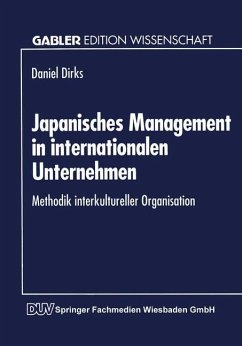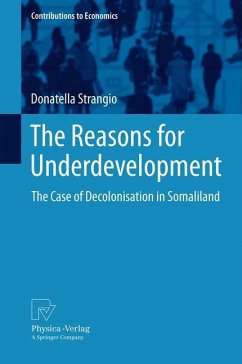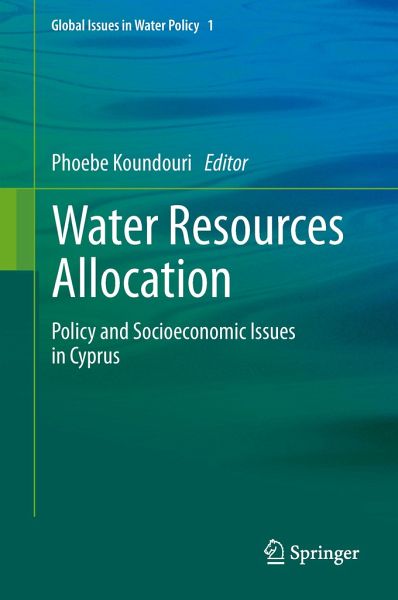
Water Resources Allocation
Policy and Socioeconomic Issues in Cyprus
Herausgegeben: Koundouri, Phoebe

PAYBACK Punkte
38 °P sammeln!
This book presents and analyzes the strong and weak elements of the Cyprus experience in water resource management, thus offering crucial insights and experience to policymakers from similarly arid and semi-arid countries from all over the world.
The dilemma facing Cyprus that of limited water supplies (both in terms of quantity and quality) in the face of steadily increasing water demand, coupled with a fragmented institutional structure of the water sector is characteristic of most arid and semi-arid countries all over the world. Another common characteristic of Cyprus is that the water management administrative boundaries there do not coincide with the hydrological ones, while the ongoing political problem of the island creates significant administration problems.





